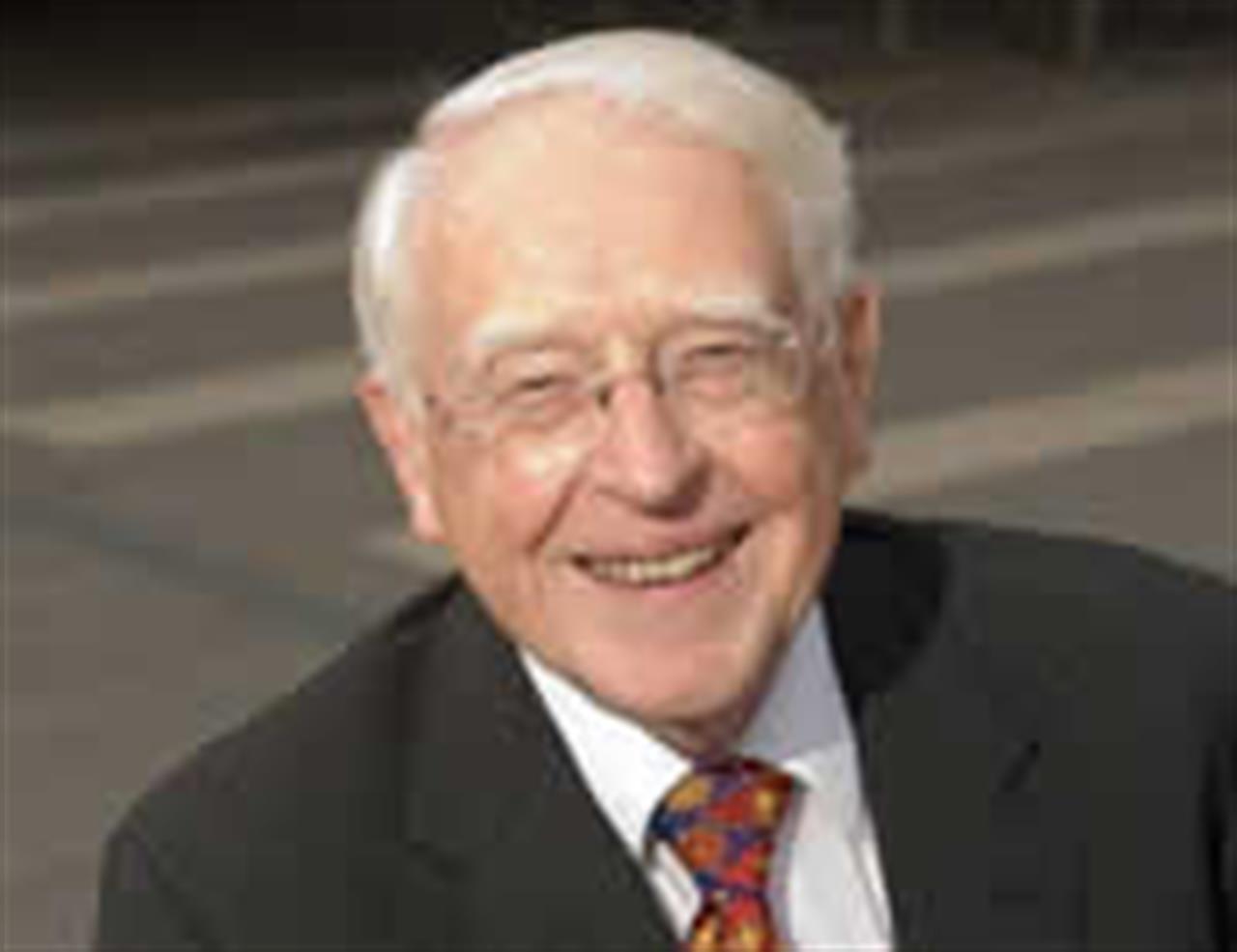Politica
Richard Jolly: A future full of youth
Sir Richard Jolly, British academician and leading proponent of human development trained an unusual team of "experts" for Turkey's 2008 human development report...

British academician and leading proponent of the concept of human development as an alternative measure of wellbeing to the traditional economic index, Sir Richard Jolly, who is British, travelled to Ankara in 2007 to train the unusual team of ?experts? who were to conduct the research for the UNDP?s 2008 national development report for Turkey.
This team of experts did not include the usual mix of academics, civil society representatives and researchers but a team of youngsters from all backgrounds. Their field of expertise? Youth issues, because this year?s national development report for Turkey is dedicated to Turkey’s young people.
More specifically it aims to capture the state of youth in Turkey today: the problems they face, the opportunities they are offered and their capacity to live out their dreams. Who better to ask than the people who know what it is like to be young in Turkey?
Why has the UNDP chosen youth as the topic of this year?’s national report for Turkey?
Youth is this country?’s future. Unlike other countries, a large proportion of Turkey’s population is made up of 15 to 25 year olds. Young peple will be alive and many still active in 2050 which is why, if a report is going to be written on youth, their needs and opportunities and their future in the long term should be taken into consideration. What will Turkey?s situation be in 40-50 years? Where would we like to see Turkey? What kind of preparations should today’?s youth have in order to build the future Turkey? These are the questions that this UNDP report seeks to address.
Why does the UN carry out development reports?
They are a new approach that seek to address the inadequacies of the economic development model. By highlighting matters that aren’?t usually accounted for in neo-liberal development they attempt to increase opportunities and strengthen human capabilities. The reports deal with economic and social rights, issues like gender discrimination and human rights. The human development approach envisages not just a democracy that gives voting rights, but a comprehensive democracy that includes the repressed groups of society as well.
How many national development reports have been carried out in Turkey?
Six so far, but this year’?s report aims to bring a new approach to the inadequacies of the conventional economic development.
How?
The method that is being used in Turkey has not been tried a lot before in many other countries. And when it has it has been a “a ?good effort? but not satisfactory” as they say in school! Human development reports aim to enlarge national capacities so that people can take charge of their own development and ?own? the process. This is exactly what is being done here and I find it very exciting. There have been interviews with academics, government people, non-government people, lots of good ideas and a lot of willingness to contribute.
How many global human development reports have you been directly involved in?
Five. The one in 1996 which was on economic growth and human development, the one in 1997 which was on poverty and human development, not just income poverty but human poverty, a deprivation. The one in 1998 which was on the craziness of consumption and the inequalities in consumption. The report in 1999 was on globalization. The one I liked best, however, was the 2001 one on human rights and human development.
What is your professional background?
I worked for UNICEF for 14 years and before that was an academic. Until the late ’80s I took on the World Bank?’s ideology but when UNICEF announced that child mortality was increasing and education standards were decreasing in countries of Africa and Latin America I began to change my mind. Who could claim that the World Bank was helping development by improving the economy? When I joined the human development reports in 1995 I was very concerned with establishing a realistic strategy; to me that meant making sure they included positive examples of everything that we were arguing should be happening, and not just negative reports on the lack of development. We could always find good things that happened, even in countries that were extremely poor or unequal.
Nessuno ti regala niente, noi sì
Hai letto questo articolo liberamente, senza essere bloccato dopo le prime righe. Ti è piaciuto? L’hai trovato interessante e utile? Gli articoli online di VITA sono in larga parte accessibili gratuitamente. Ci teniamo sia così per sempre, perché l’informazione è un diritto di tutti. E possiamo farlo grazie al supporto di chi si abbona.
